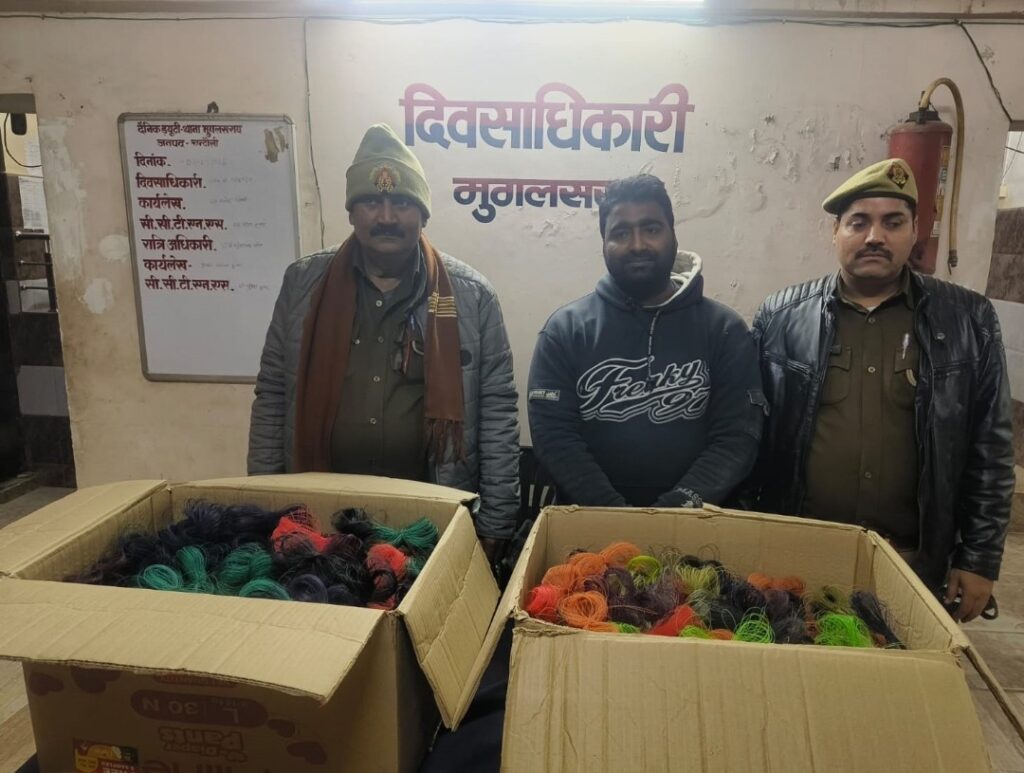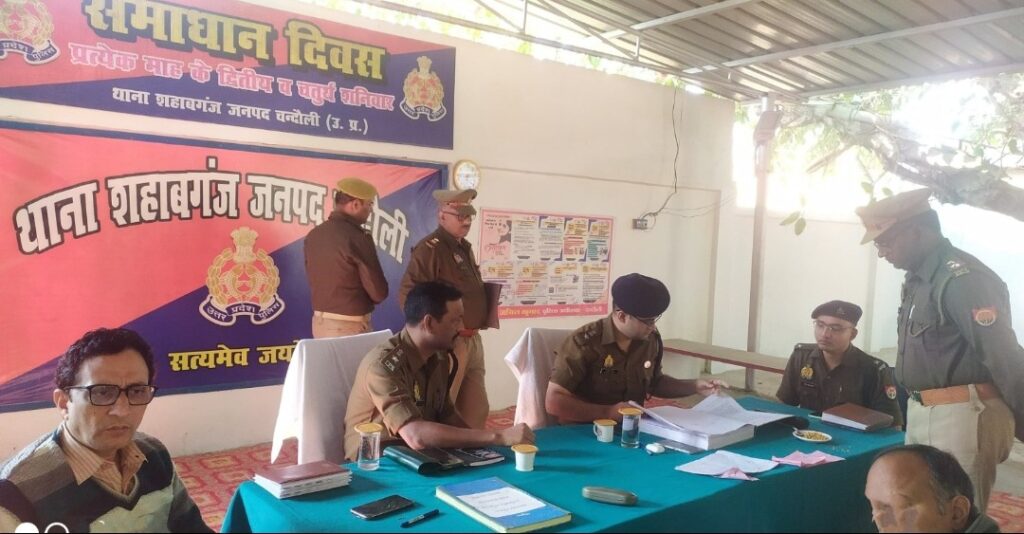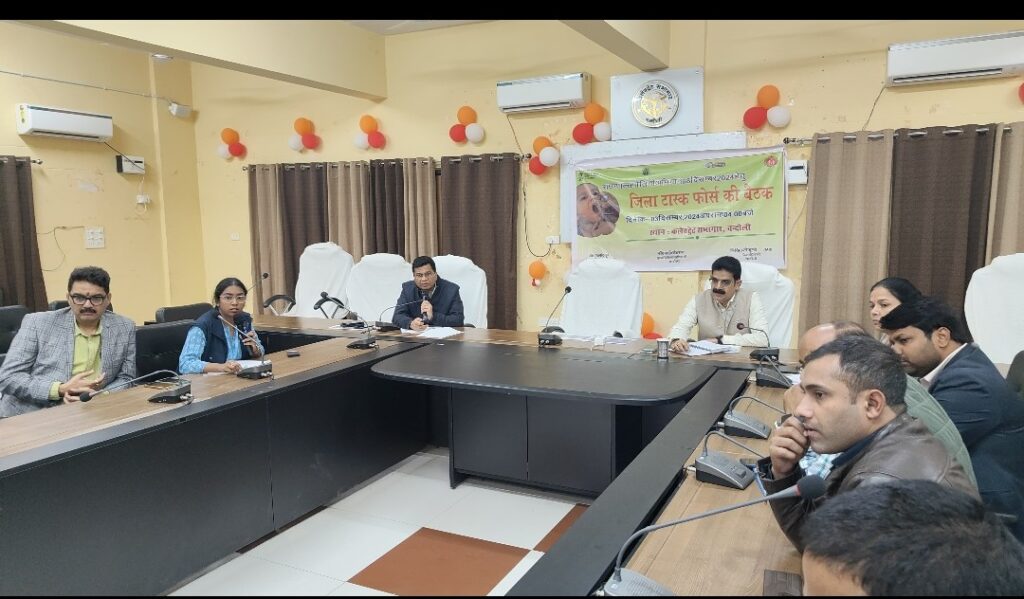By- Dr Abhishek Shukla
October 1 reminds us that our elders deserve not only our respect and admiration but also our active support in addressing the challenges they face.
The International Day for Older Persons is a time for us to reflect on the profound impact our elders have had on our lives and the tremendous value they bring to our communities. Elders, with their wealth of experiences, wisdom, and boundless love, have played a pivotal role in shaping us into the individuals we are today.
Our elders are the living treasures of our families and communities, serving as beacons of tradition, culture, and history. They have witnessed the evolution of society, and their stories provide a bridge to our past, reminding us of our roots and heritage.
A recent survey conducted at Aastha Center for Geriatric Medicine, Palliative Care and Hospice provides insight into the stark realities that many older individuals grapple with daily.
The key findings of the survey that highlight their day-today issues are as follows:
Incontinence: Over 18% of the surveyed elders reported struggling with incontinence, making it difficult for them to maintain their dignity and independence.
Sensory Impairments: Vision and hearing problems were prevalent among 32% of the elderly respondents, hindering their ability to engage fully in social activities and conversations.
Activities of Daily Living: Over 40% of the elderly faced difficulties performing basic day-to-day activities, eroding their self-sufficiency and confidence.
Falls: More than 44% admitted to having experienced at least one fall in the past six months, highlighting the urgent need for fall prevention measures.
Appetite and Dry Mouth: Nearly half, or 48%, of the surveyed elders suffered from loss of appetite and dry mouth, impacting their nutritional intake and overall health.
Memory Issues: Memory problems affected 54% of the respondents, potentially leading to feelings of frustration and isolation.
Sleep Disorders: An alarming 63% of elders reported experiencing sleep disorders, which can have severe consequences for their physical and mental well-being.
Self-Medication: Perhaps most concerning, over 70% were resorting to self-medication for pain management and health supplements, often without proper guidance or supervision.
These findings underscore the urgent need for action. We must come together as a society to address these issues and improve the quality of life for our elders. Here are some key steps we can take:
Enhanced Healthcare Access: Ensure better access to healthcare services, including regular check-ups and consultations with specialists.
Fall Prevention Programs: Develop and implement fall prevention programs to reduce the risk of accidents among the elderly.
Nutrition and Hydration Support: Provide nutritional guidance and support to combat appetite loss and dry mouth.
Memory Care Services: Offer memory care programs and activities to help elders maintain cognitive function.
Sleep Clinics: Establish sleep clinics to diagnose and treat sleep disorders effectively.
Medication Management: Encourage proper medication management through healthcare professionals to minimize self-medication
It’s important to remember that honouring our elders should extend beyond a single day on the calendar. We should make a conscious effort to show our appreciation, spend quality time with them, and ensure their well-being throughout the year. Simple acts of kindness, like listening to their stories, helping with daily tasks, or simply offering a warm hug, can go a long way in brightening their lives.
(Writer is a geriatric medicine expert and secretary general of Association of International Doctors)
October 1 reminds us that our elders deserve not only our respect and admiration but also our active support in addressing the challenges they face.
The International Day for Older Persons is a time for us to reflect on the profound impact our elders have had on our lives and the tremendous value they bring to our communities. Elders, with their wealth of experiences, wisdom, and boundless love, have played a pivotal role in shaping us into the individuals we are today.
Our elders are the living treasures of our families and communities, serving as beacons of tradition, culture, and history. They have witnessed the evolution of society, and their stories provide a bridge to our past, reminding us of our roots and heritage.
A recent survey conducted at Aastha Center for Geriatric Medicine, Palliative Care and Hospice provides insight into the stark realities that many older individuals grapple with daily.
The key findings of the survey that highlight their day-today issues are as follows:
Incontinence: Over 18% of the surveyed elders reported struggling with incontinence, making it difficult for them to maintain their dignity and independence.
Sensory Impairments: Vision and hearing problems were prevalent among 32% of the elderly respondents, hindering their ability to engage fully in social activities and conversations.
Activities of Daily Living: Over 40% of the elderly faced difficulties performing basic day-to-day activities, eroding their self-sufficiency and confidence.
Falls: More than 44% admitted to having experienced at least one fall in the past six months, highlighting the urgent need for fall prevention measures.
Appetite and Dry Mouth: Nearly half, or 48%, of the surveyed elders suffered from loss of appetite and dry mouth, impacting their nutritional intake and overall health.
Memory Issues: Memory problems affected 54% of the respondents, potentially leading to feelings of frustration and isolation.
Sleep Disorders: An alarming 63% of elders reported experiencing sleep disorders, which can have severe consequences for their physical and mental well-being.
Self-Medication: Perhaps most concerning, over 70% were resorting to self-medication for pain management and health supplements, often without proper guidance or supervision.
These findings underscore the urgent need for action. We must come together as a society to address these issues and improve the quality of life for our elders. Here are some key steps we can take:
Enhanced Healthcare Access: Ensure better access to healthcare services, including regular check-ups and consultations with specialists.
Fall Prevention Programs: Develop and implement fall prevention programs to reduce the risk of accidents among the elderly.
Nutrition and Hydration Support: Provide nutritional guidance and support to combat appetite loss and dry mouth.
Memory Care Services: Offer memory care programs and activities to help elders maintain cognitive function.
Sleep Clinics: Establish sleep clinics to diagnose and treat sleep disorders effectively.
Medication Management: Encourage proper medication management through healthcare professionals to minimize self-medication
It’s important to remember that honouring our elders should extend beyond a single day on the calendar. We should make a conscious effort to show our appreciation, spend quality time with them, and ensure their well-being throughout the year. Simple acts of kindness, like listening to their stories, helping with daily tasks, or simply offering a warm hug, can go a long way in brightening their lives.
(Writer is a geriatric medicine expert and secretary general of Association of International Doctors)
Post Views: 33









 Total Users : 1087
Total Users : 1087